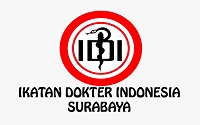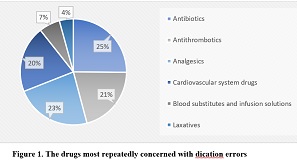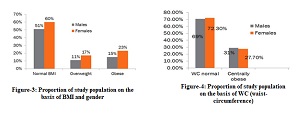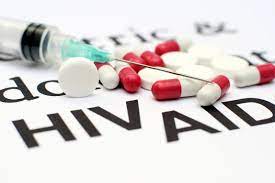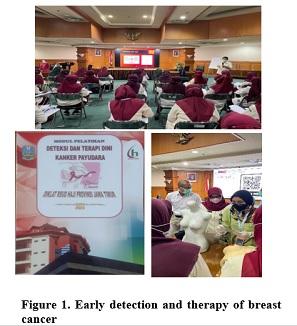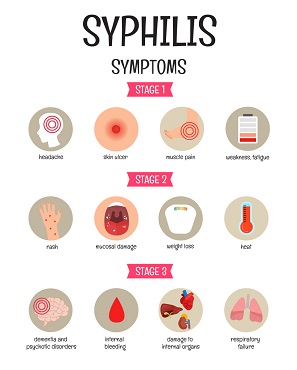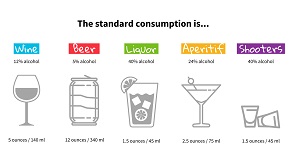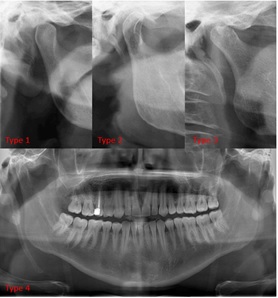Therapy Compliance of Type-2 Diabetes Mellitus Patients Before and During The Covid-19 Pandemic: A Systematic Review
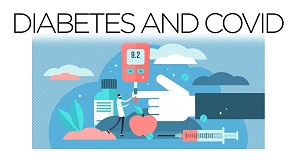
Downloads
Medical compliance is a key aspect in the management of multiple-modalities therapies, such as those found inpatients with type-2 diabetes mellitus. Aspects such as healthcare accessibility, complications or secondary ailments, lifestyle, socioeconomic status, and academic status can affect a patient's compliance, thus their therapeutic outcomes. The Covid-19 pandemic brought various observable shifts toward these aspects which raises the need for further evaluation regarding type-2 diabetes mellitus therapy compliance during the Covid-19 pandemic. This study is a systematic review that uses secondary data gathered from articles published in Pubmed, ScienceDirect, and Google Scholar with publication dates ranging from January 2018 until October 2021. Using the PRISMA algorithm and JBI critical appraisal questionnaire, we selected 10 controlled studies that discussed therapy compliance of Type-2 Diabetes Mellitus patients before the Covid-19 pandemic and 7 studies that discussed therapy compliance of Type-2 Diabetes Mellitus during the Covid-19 pandemic. There was a notable difference between the therapy compliance profile of Type-2 Diabetes Mellitus patients before and during the Covid-19 pandemic. Pharmacotherapy compliance during the Covid-19 pandemic showed a moderate-high trend whereas the trend before the Covid-19 pandemic was moderate-low. Compliance of physical activity and diet modification related to Type-2 Diabetes Mellitus respectively showed a moderate-high and moderate-low trend during the Covid-19 pandemic, whereas the trend before Covid-19 pandemic was low. A notable shift was found between the therapy compliance profile of Type-2 Diabetes Mellitus patients before and during the Covid-19 pandemic. Further meta-analysis study is required to measure the significance of this shift as well as their correlations. Additional studies are also required to isolate the factors that may contribute to this shift.
Copyright (c) 2023 Hidtsa Aqila Noor Arasyi, Dimas Luthfi Razantira, Fina Jazilah Rizqiyah, Salsabilla Zahra Prasetya, Defo Aro Ernadiyanto, Budi Utomo

This work is licensed under a Creative Commons Attribution-ShareAlike 4.0 International License.
- The journal allows the author to hold the copyright of the article without restrictions.
- The journal allows the author(s) to retain publishing rights without restrictions.
- The legal formal aspect of journal publication accessibility refers to Creative Commons Attribution Share-Alike (CC BY-SA).
- The Creative Commons Attribution Share-Alike (CC BY-SA) license allows re-distribution and re-use of a licensed work on the conditions that the creator is appropriately credited and that any derivative work is made available under "the same, similar or a compatible license”. Other than the conditions mentioned above, the editorial board is not responsible for copyright violation.






